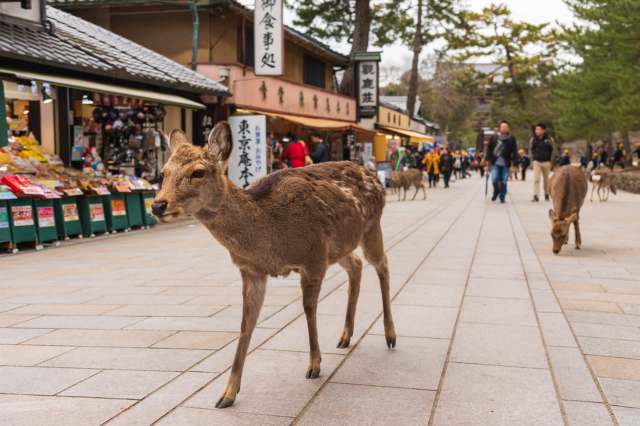Deer at Nara Park in Japan are facing a growing threat from litter left behind by visitors, prompting authorities to rethink how waste is managed to protect these culturally significant animals.
Nara Park, spanning 1,630 acres in Nara, Japan, is home to around 1,300 deer that are considered sacred in the area. Although the deer typically feed on natural vegetation in the park, a littering issue has emerged in recent years, with some deer dying due to ingesting plastic waste.
The park initially removed trash cans in 1985 to prevent deer from rummaging through garbage. However, this strategy is now being revisited as the increased number of visitors during the COVID-19 pandemic has led to more trash being left behind.
Respecting the Nara deer and their environment is crucial, as these animals hold cultural significance as sacred beings. Ensuring a clean, litter-free environment for wildlife is essential for responsible tourism and preserving natural habitats.
Efficient waste management is vital in protecting natural areas, with the principle of “take what you bring, leave nothing behind” being emphasized. Recently, trial waste bins have been installed in Nara Park to encourage proper waste disposal and deter deer from accessing the trash. These bins are designed to withstand tipping over and are decorated with information highlighting the impact of litter on the deer population.
Authorities are monitoring the effectiveness of the new bins and plan to potentially introduce more if they prove successful in reducing litter levels in the park. It is crucial for visitors to adhere to responsible waste disposal practices to safeguard the environment and the wildlife that call it home.








